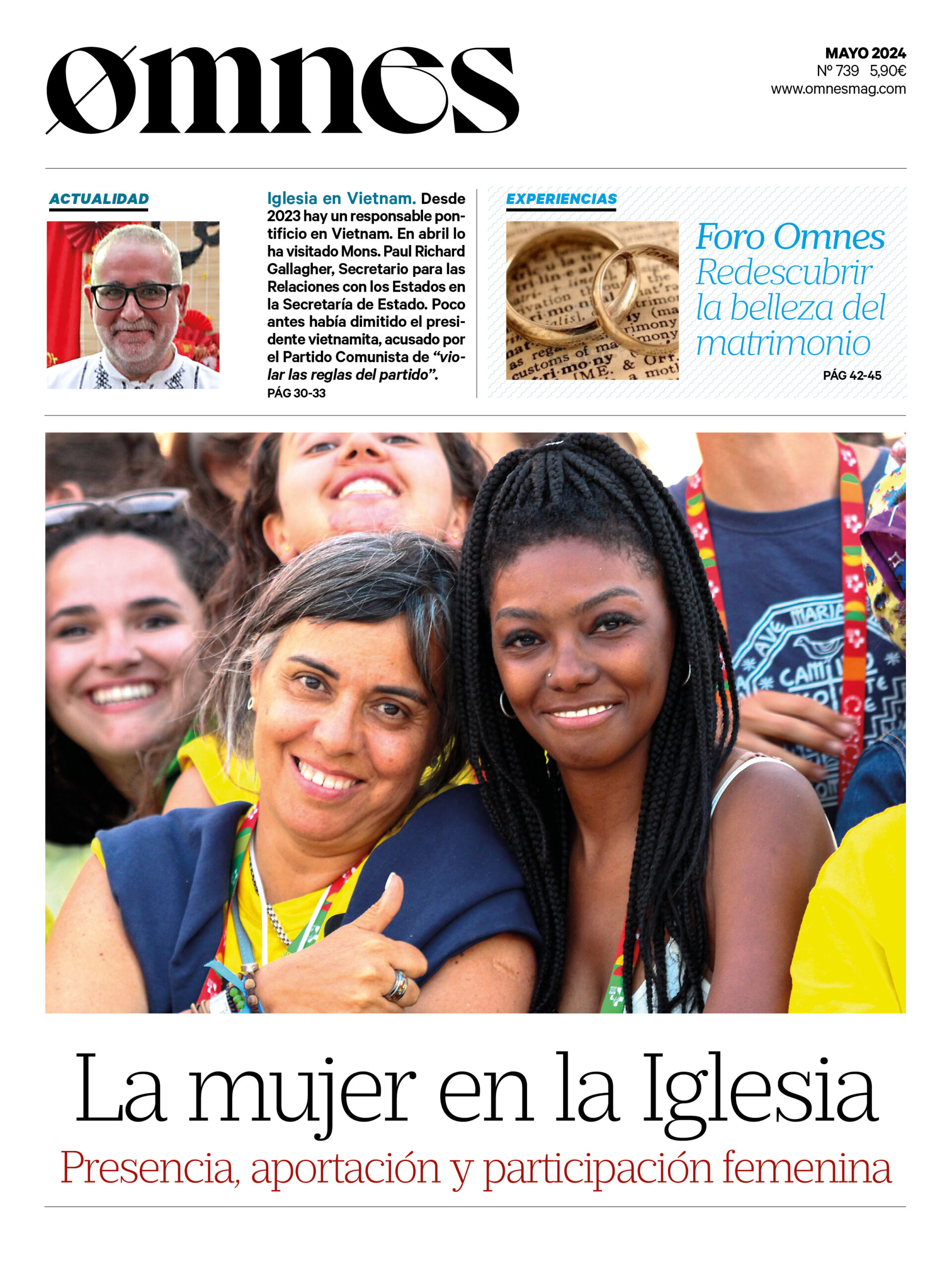I was talking to a person who was very busy in her professional duties and apostolic attentions, and at the same time very accelerated and with peaks of anxiety. I asked her: "What obstacles are there to your becoming - once and for all - the master of your house? Busy, yes, and with lordliness. With many tasks, yes, and with elegance. Full of projects, yes, and with serenity.". He was surprised and pleased with the question. "I don't know, but I'll take it and think about it.".
Notice, you choose to whom you give the power in your life: to you and to the personal direction of your actions, to the exterior that asks you to do things, to the interior desires, to the dependencies of people.
Dominate is related to different Latin words such as "dominare"to have under its power, with the root of domus (house). Thus, we could say that who dominates is the lord/lady of the house, of the home; and it also referred to the dominus (master). Thus, the owner and master of the household decides who enters the house and how far. He is knowledgeable about the environment, the system and the people knocking at the door from outside, as well as the internal affairs of the house. He is very aware and attentive to decide what to do and to have balance within himself. When balance is within you, your "I" is calm and healthy, and others respect your house. When we give power to "outsiders", the self is exhausted and sometimes a kind of selfishness is born, which has no moral root contrary to generosity, but is necessary for survival.
However, to be able to have balance within oneself, it is necessary to put the focus of attention also outside, on the outside. Contact with reality and let yourself be affected by people to be able to decide accordingly, and in coherence, with the real nature of things.
It is not a matter of keeping the house closed, the blinds down and the light off, but of deciding who enters our inner abode and who does not, how far they enter and for what purpose. To make it easier for you to make these decisions, to master your life and choose what is good for you, you can observe, look, consider and reflect, and then decide accordingly. These questions below will help you to exercise, at first perhaps as a laboratory analysis, but then you will do it naturally.
Who is there or what is there? Someone asking for something. A situation that calls for intervention. An environment that seems to force me to react in a certain way. Expectations about me.
2.- What is it or who is it? Describe the situation, the person, the environment, the circumstances and the type of relationship: pastoral, institutional, family, filial, work, friendly.
3.- What does it have to do with me? Here you have a filter to prioritize. It will depend on whether it is a person, a situation, something material; if it is very dear to me or depends on me for whatever reason; to what extent I have committed myself before or if it is something new. For example, it is not the same to be asked for money by a man in the street than by your little sister, whether it is a matter of your pastoral or neighborhood, whether you are responsible for it because of a previous commitment or whether it is something new.
4.- What do you ask for? Others have the "right" to ask us for whatever they see fit. Before the vice of asking, we have the virtue of not giving. It does not depend on us that they ask for more or less, everyone can ask for what he/she wants, and I will decide how to respond.
5.- What do you need? The request may not match what he needs. A man who asks you for money on the street may need a job or training. A system that asks you to do what you have always done may need a change on your part. This again serves as an adjustment factor to better understand the situation and what we will ultimately choose to give or not to give.
What do I know how to give? Whether or not I know how to give him what he asks for and/or needs, will also help us to make the decision of what is best for me, in balance with what is best for the other person.
7.- What can I give? The plausibility of giving or not giving also serves as a measure.
8.- What do I want to give them? Regardless of whether I have what they ask me for, whether I know how to give it to them and whether I can give it to them, I have the margin to decide whether I want to give it to them or not, for whatever reasons. To be able to choose what is good for me, it is also necessary to have the possibility of not choosing it. To choose what is good will not be forced, but willed.
9.- How do I want to give it? Ultimately I will decide in what way and manner I give what is being asked of me, either exactly as requested or with the variations in intensity, timing, measures, etc., that I see fit.












